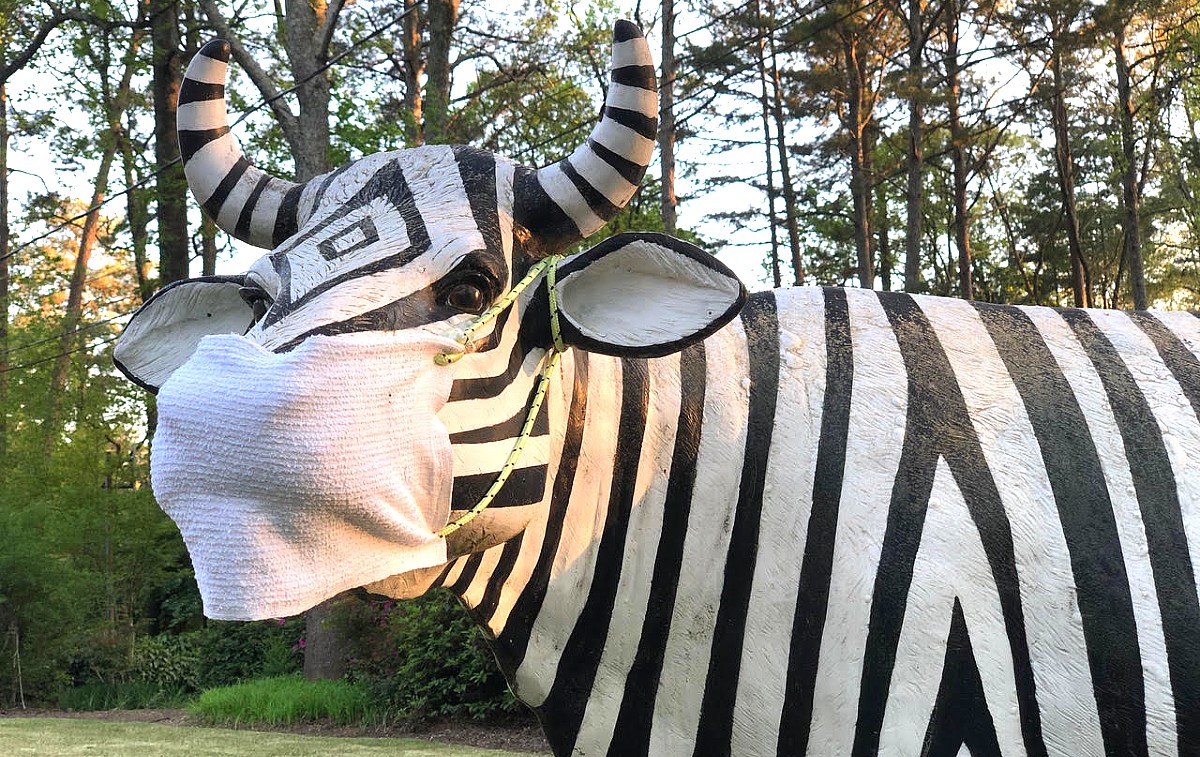By Andy Brack, editor and publisher | We’ll get through this coronavirus crisis. But, Lord have mercy, it’s going to be fraught with pain, suffering, fear and sadness.
Too many people are going to die as our unprepared nation grapples with a microbial invader that is devastating lives, jobs, routines and the stability of our social, political and economic institutions.
Doctors, nurses and health care workers are understandably frightened, worried they’ll bring the virus from soon-to-be-overloaded hospitals into their homes.
“In general, people are scared,” one Charleston doctor said. “We don’t know enough about it. People are working their butts off planning and trying to be ready, doing everything ready to be ready.
“People are working really, really hard, but people are afraid and they worry about their family, worry about their kids (and worry about) infecting other patients while trying to do the right thing.”
But there’s also a whole lot of hope, dedication and commitment by medical professionals grappling with the enormity of what’s ahead for South Carolina, where 8,000 cases are expected in a month. As of Thursday, more than 1,500 South Carolinians tested positive for the disease; 31 have died.
Another Charleston doctor said he was amazed at the “incredible sense of commitment to the patients and their institutions” by doctors, nurses and staff that are putting in long hours to help patients and battle the disease.
“I’m not sugar-coating,” the doctor said. “When we Americans have a disaster, sometimes it gets the best of us and the worst of us. This time for health care workers, there is a sense of duty which is getting the best of us. People are volunteering. It’s pretty amazing.”
That sense of duty, commitment and responsibility as medical workers put themselves at risk seeps throughout a new pandemic edition of The Nocturnists, 4-year-old podcast that shares medical stories.
Host Emily Silverman, an internal medical physician in San Francisco, introduces seven stories from health care workers across the country.
“The truth is, on a good day, working in medicine is hard, and there’s a lot of burnout and a lot of depression,” she said. “What’s happened to health care workers in the last few weeks is unprecedented in our lifetime. The virus is spreading. There’s a shortage of testing. There’s a shortage of PPE and this is forcing health care workers to face impossible choices.
“We’re putting ourselves in harm’s way. We’re risking our families. We’re asking ourselves, ‘Is this what we signed up for? Going to work without appropriate protective gear? Having to choose between who lives and dies due to a scarcity of resources?’”
The virus is also unweaving the fabric of communities, particularly in poorer areas, notes state Rep. Marvin Pendarvis, D-North Charleston.
“People are being put out of temporary housing like motels, hotels and extended stays. I speak to people who are living out of their cars and are relying on nonprofit food distribution sites for nutrition. Sadly, this virus has forced us to a point where issues like housing and food, issues we’ve long neglected, are rearing their ugly heads and manifesting itself in a way we cannot ignore.”
Communities like Camden, a viral hot spot, are learning to deal with each other in new ways as high school seniors forgo proms and community grieving customs surrounding funerals have changed.
“We would like to be together in times of grief and celebration but aren’t able to in our familiar ways,” said state Rep. Laurie Funderburk, D-Camden. “We are learning to be digitally connected because we know we have to stay separate for the good of the community.”
In Bluffton, GOP state Rep. Bill Herbkersman says he witnesses periodic panic among his constituents, but what has impressed him more than anything is how regular people are trying to help, just as the doctors, nurses and hospital workers are.
“Our community is a community of volunteers and that has not changed, even during this crisis,” he said. “I think this simply shows the good in people in trying times.”
Let’s remain safe. Let’s stay at home a little longer. And let’s thank goodness for everyone working to help their friends and neighbors.
Andy Brack is the editor and publisher of Charleston Currents and Statehouse Report. Have a comment? Send to: editor@charlestoncurrents.com




 We Can Do Better, South Carolina!
We Can Do Better, South Carolina!

























One Comment